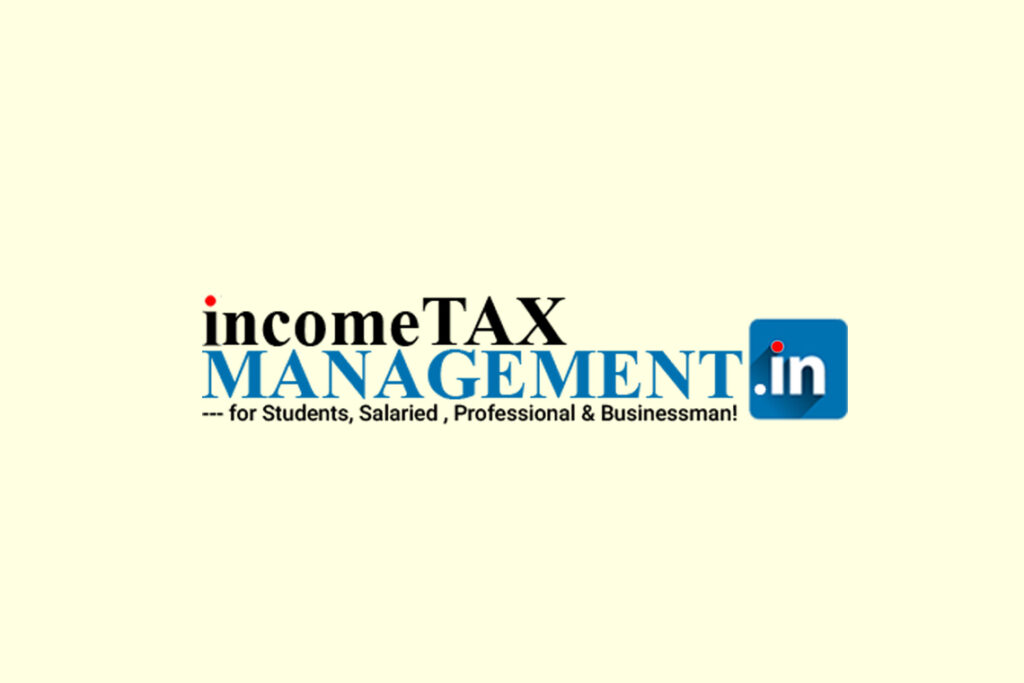1. Applicability of Section 56(2)(ic)
This provision covers any sum of money received by an employer from an employee for:
- Welfare funds(e.g., employee welfare trust, group insurance, provident fund)
- Other similar contributionsdeducted from salary
Key Condition: The amount must not be statutory (e.g., EPF, ESI) but voluntary or contractual.
2. Taxability in Employer’s Hands
- Taxable as “Income from Other Sources”if:
- The amount is not credited to a recognized welfare fund(e.g., approved PF, superannuation fund).
- The fund does not complywith Income Tax Act provisions (e.g., unapproved trusts).
- Exemptions:
- Statutory deductions (EPF, ESI, etc.) are not taxable.
- Contributions to approved welfare funds(Section 10(23AAA) or 10(25)).
3. Tax Implications for Employees
- Deductions:
- Section 80C: Applicable for recognized PF, LIC, etc. (up to ₹1.5 lakh).
- Section 80D: For health insurance contributions.
- No Double Taxation: If taxed in employer’s hands, employee cannot claim deductionsfor the same amount.
4. Judicial Precedents
- CIT vs. Karnataka State Road Transport Corp (2017):
- Held that unutilized welfare fund balancesare taxable under Section 56(2)(ic) if not refunded to employees.
- ITAT Mumbai Ruling (2020):
- Employer must prove fund utilizationfor employee welfare to avoid taxation.
5. Compliance & Reporting
- For Employers:
- Report taxable amounts in ITR-6under “Income from Other Sources”.
- Maintain records of fund utilization (audit reports, expense proofs).
- For Employees:
- Verify if contributions qualify for Section 80C/80D
- Ensure employer does not treat voluntary deductions as taxable perquisites.
6. Example
Scenario: ABC Ltd. deducts ₹50,000/year from employees for an unapproved welfare fund.
- Taxable Income: ₹50,000/year for ABC Ltd. under Section 56(2)(ic).
- Employee Impact: No deduction under Section 80C unless fund is approved.





![[Section 56(2)(ib)]: Taxability of Income from Winnings from Lotteries, Crossword Puzzles, Horse Races and Card Games](https://incometaxmanagement.in/wp-content/uploads/2023/09/Winnings-from-Lotteries-Section-562ib-1024x683.png)

![[Section 56(2)]: List of Incomes included under ‘Income from Other Sources’](https://incometaxmanagement.in/wp-content/uploads/2023/09/Specific-Incomes-Includes-Section-562-1024x683.png)

